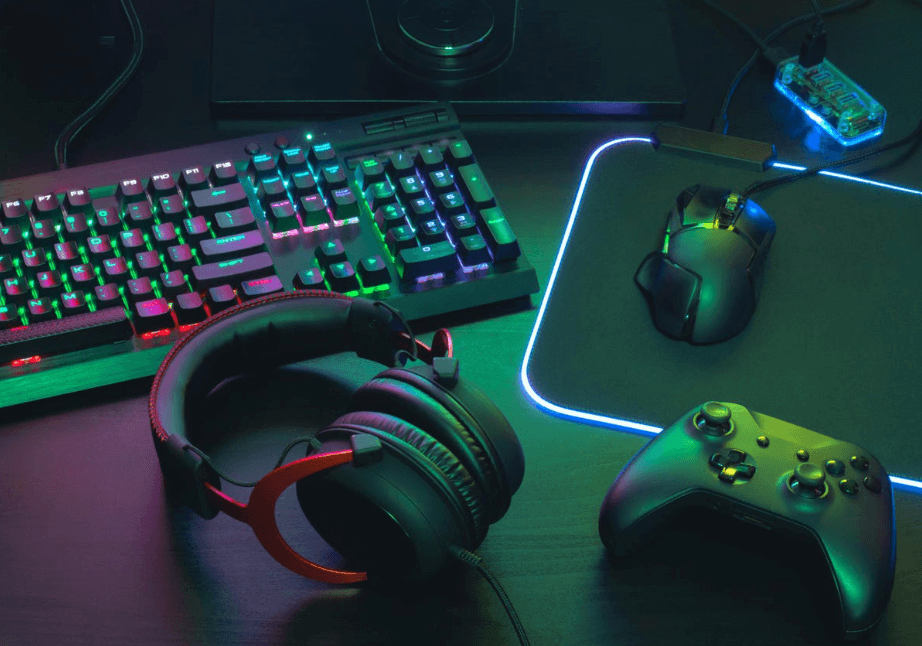
NFTs are becoming more popular in every avenue, whether that is collecting them for pieces of art, music, or even virtual real estate. Even the gaming industry is utilizing NFTs. This article will explore how NFTs are impacting the gaming industry, so read on to find out more.
What are Non-Fungible Tokens (NFTs)?
Non-fungible tokens, or NFTs, are digital assets that exist on a blockchain, and they have unique characteristics that make them different from traditional cryptocurrencies. Unlike cryptocurrencies such as Bitcoin, which are divisible and interchangeable on a crypto app, NFTs are not divisible, and they are not interchangeable. NFTs represent a digital asset that is unique, and they can represent anything from in-game items to digital artwork.
NFTs are stored on a blockchain and are secured by cryptographic keys. They are also immutable, meaning that once they are created, they cannot be changed or modified. This makes them ideal for use in the gaming industry, as it allows for the secure and unique ownership of digital assets.
History of NFTs
The concept of NFTs has been around since the early days of blockchain technology, but they didn’t gain much attention until 2017 when the Ethereum network launched. Ethereum was the first blockchain to allow for the creation of NFTs, and this sparked a wave of innovation in space.
Since then, NFTs have become increasingly popular, and they are now being used in a variety of industries, from art and music to gaming.
Impact of NFTs on the Gaming Industry
The impact of NFTs on the gaming industry is already being felt in many ways. They are providing players with a new way to monetize their gaming experiences, and they are also helping developers create unique gaming experiences that are not possible with traditional gaming platforms.
As well as this, they are providing players with a sense of ownership and control over their gaming experiences, which could lead to increased player engagement and more enjoyable gaming experiences.
Finally, NFTs are helping to create a new market for digital assets, which could significantly impact the gaming industry in the future.
Challenges of NFTs for the Gaming Industry
Despite the potential benefits of NFTs, they also present some challenges to the gaming industry. Firstly, NFTs are still relatively new, and there is a lack of regulatory clarity regarding their use. This could lead to legal issues in the future, and it could also lead to confusion and mistrust among players.
NFTs are still a relative niche technology, and not all gamers are familiar with them. This could lead to a lack of adoption among players, which could limit the potential of NFTs in the gaming industry.
The cost of creating and deploying NFTs can be quite high, and this could limit their potential use in the gaming industry. This is because the cost of creating and deploying NFTs is often higher than the cost of developing and rolling out traditional gaming assets.
Conclusion
Overall, NFTs have the potential to completely overhaul the gaming industry, and it will be exciting to see the impact they have in the future.
As more developers and players become familiar with NFTs, their potential uses will become more apparent. As regulations become more clear and the cost of creating and deploying NFTs is reduced, their use in the gaming industry will become more widespread. This could lead to increased innovation within the industry and new opportunities for developers and players.




More Stories
Top Tips for How to Beat Slot Machines
What You Need to Know About Running a Sporting Event
How to Choose the Best Tennis Equipment